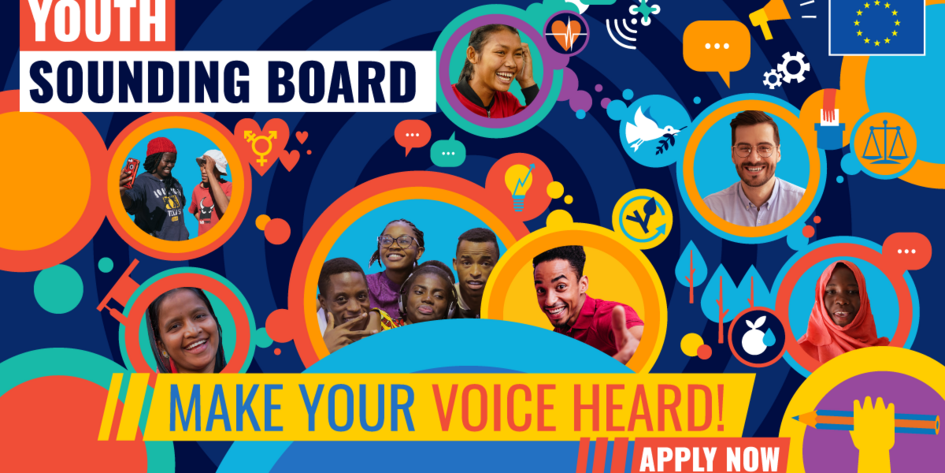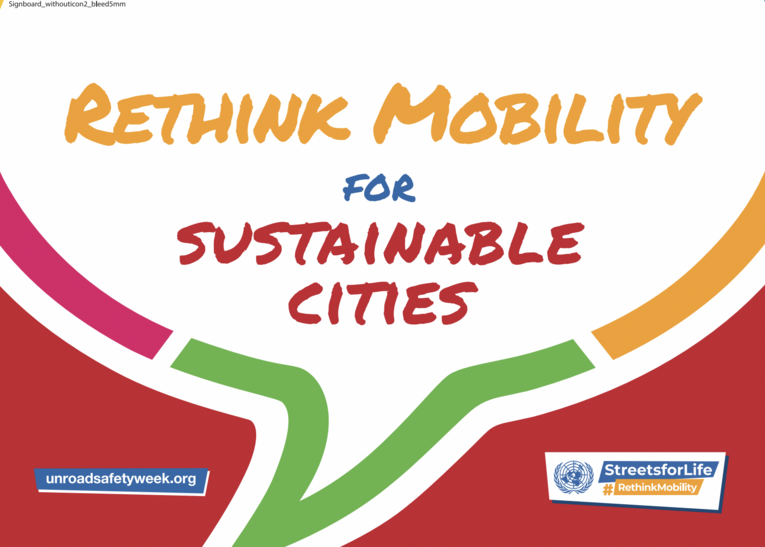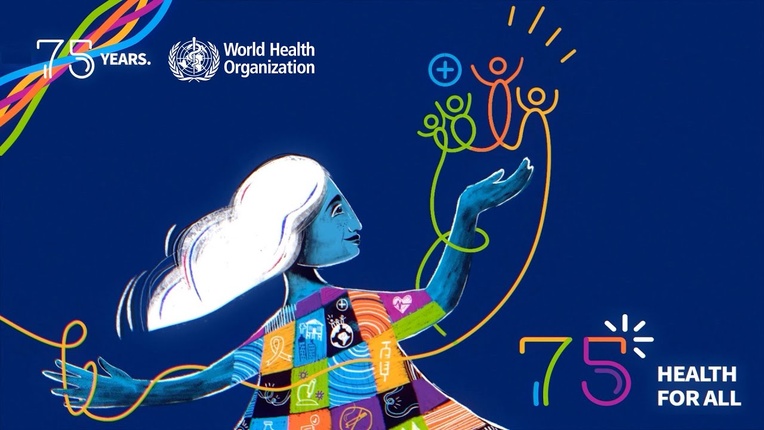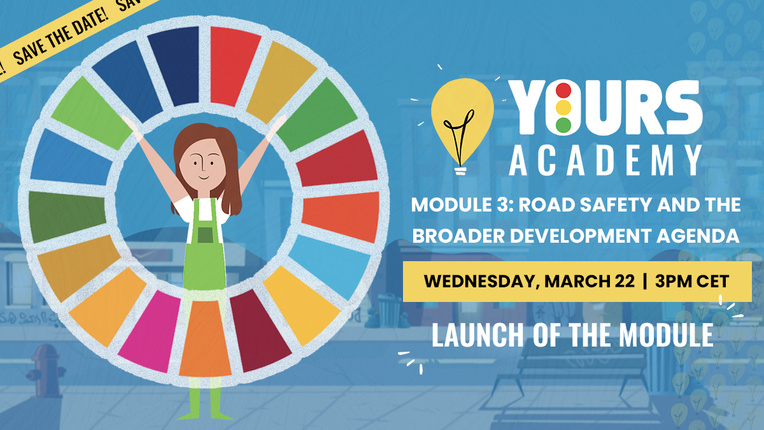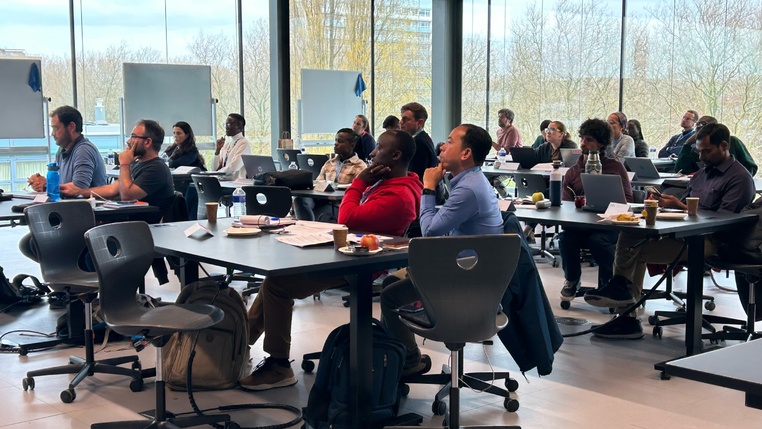
YOURS joins Delft Road Safety Course in the Netherlands
Delft, Netherlands – Last week, our Executive Director Floor Lieshout and Global Youth Coalition Youth Leadership Board member Oliva Nalwadda joined the annual Delft Road Safety Course (DRSC) in a five-day session that brought together road safety professionals from around the world to take part in the first in-person DRSC since 2019.
Floor joined Govert Schermers, Mark King, Gert-Jan Wijlhuizen, Patrick Broeren, Dr. Attila Borsos, Emma MacLennan, Philip Wijers, Henk Stipdonk, and Hilda M. Gomez to talk about different topics on road safety. Some of the key themes of the course include; road infrastructure design, the safety of vulnerable road users, the role of education, training and enforcement, and the implications of automated vehicles on road safety.
The first day of the course was a refresher for the students attending the session. Course Leaders Govert Schermers and Mark King touched on highlights on the nature of road crashes, the decision-making processes to make roads safer, scientific evidence to support decision-making processes, and the implementation of road safety solutions among others.
Other sessions of the course include the integration of the Safe System Approach in road design. Course Leader Emma MacLennan shares some important tools for effective road safety interventions, emphasizing the role of local stakeholders and experts when it comes to fundraising and project implementation.

The third day of the session kicked off with a road trip to DenHaag, Netherlands where the participants visited the SWOV Institute for Road Safety Research.
SWOV Research sits behind all of the Netherlands’ Road Safety Policy Making, its researchers make the most of new technologies, research methods, and interdisciplinary collaborations to support evidence-based policy that is responsive to the public’s road safety and mobility needs.
The learners also went on a tour around the city where they paid special attention to sustainable mobility. The tour also allowed the participants to take a look at functional road categories, safe speeds, forgiving roadsides, roundabouts, and integrating active travel infrastructure.

Floor was the course lecturer on the fourth day of the DRSC. During his intervention, he talked about creating a power map, defined by Harvard Business School as “a visual tool that will help the participants understand who has more or less power in a work environment to help navigate politics and other areas”.
On the overall reception of the DRSC, Oliva Nalwadda says “The Delft Road Safety Course is a perfect blend of knowledge and practice. As we #RethinkMobility, it is crucial that we empower actors from LMICs to design and implement strategic road safety interventions. By attending the Delft road safety course, I feel refueled and energized to lead the change I want to see on Uganda’s roads. I also had the opportunity to interact with other road safety actors and through experience-sharing exercises, I was able to learn, relearn and borrow several best practices in crash investigations and evidence-based road safety promotion.”
The last day of the DSRC was filled with road safety action plan presentations from the learners who were grouped by region. Throughout the event, participants were given the opportunity to network and share their experiences with their fellow learners.
You can follow the Delft newsletter for future announcements on upcoming DSRCs.





